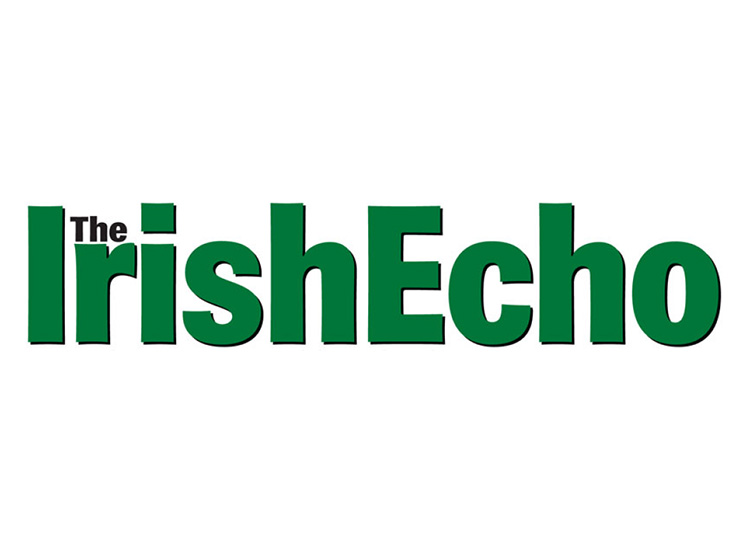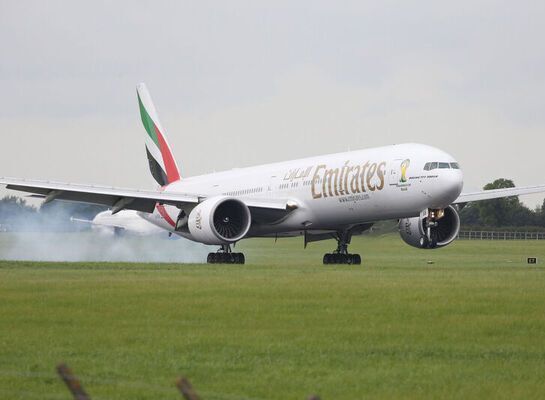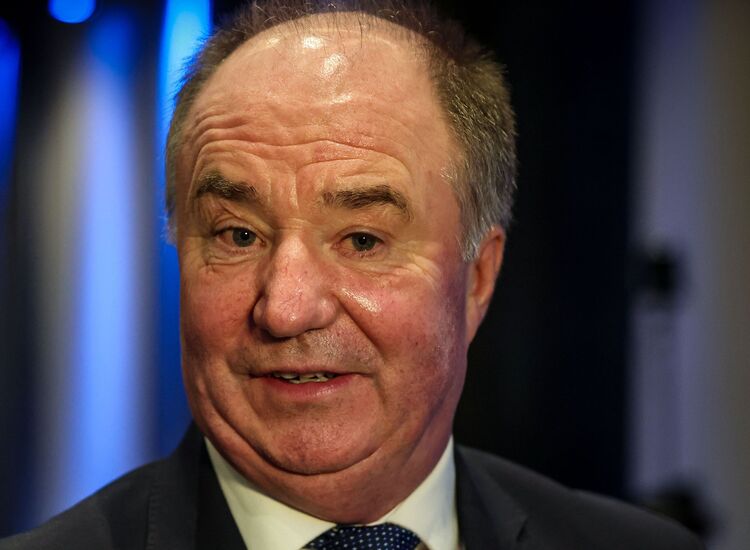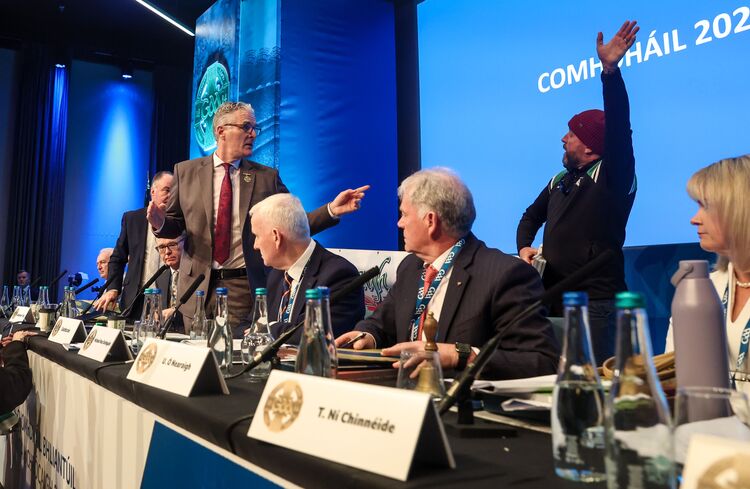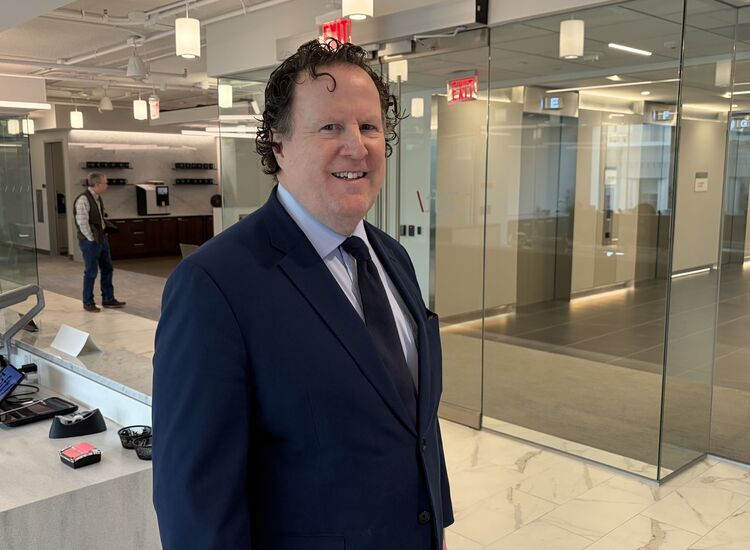
Between the Lines / By Peter McDermott
"Just how important is the fact that three of his grandparents were Irish?" asks Bill Krohn about Alfred Hitchcock, in his book on the director in the Masters of Cinema series. "After all, Hitchcock brought Sean O'Casey's 'Juno and the Paycock' to the screen with the Abbey Players, and 'Under Capricorn' (1949) is one of the few films ever made about the Irish diaspora."
He continues: "But when I noticed a crystal shamrock on the side table in the living room of his daughter Patricia's Los Angeles home, she said she had no idea where it came from." (Her last name, in fact, has been O'Connell since 1952 when she married the great-nephew of the late Boston cardinal.)
In a footnote, quoting the La Revue du Cinema, Krohn says: "This was not a secret in 1948, as we can see from the remark by George Auriol. 'Why don't you ask your compatriot Liam O'Flaherty to write you a rather violent, rather savage film...Who knows? Perhaps a new James Joyce needs your collaboration. May St. Patrick and St. Brigid bring you together with that man."
He had already been brought together with O'Casey for the 1929 film of his classic play set against the Irish Civil War. Indeed, the Dubliner wrote a new opening scene for Hitchcock's movie.
The London director would have been well aware of recent Irish history. Leading film historian Patrick McGilligan points out in his biography of the director that Reggie Dunn, who shot Sir Henry Wilson in London, an event that helped touch off the Civil War, had been a couple of years ahead of him at St. Ignatius' College.
McGilligan, whose book stresses Hitchcock's Catholicism, writes: "The character of Johnny would be a stand-in for Dunn, and 'Juno and the Paycock' would be the first Hitchcock film to establish the theme that he carried over to later work - of ideological extremism as a spreading stain that distorts idealism and destroys innocents."
Hitchcock was embarrassed by the rave reviews garnered by Britain's first "100 percent talkie," the problem being precisely that: people talked too much. But he retained his affection for it. When asked once if it bored him having to be faithful to O'Casey's play, he said: "No, because the characters are so interesting."
McGilligan said that while Hitchcock was in sync with the play, he wasn't with the prickly playwright.
The O'Caseys once invited the Hitchcocks to dinner at their London home, bringing out their best dinnerware and tablecloth, "one kept for state occasions." They were there to discuss O'Casey's plan to write an original screenplay called "The Green Gates" to be set in the city's Hyde Park. Hitchcock left "bubbling with excitement" and promising a return invitation. The call never came. O'Casey suspected that the "smiling and silent" Alma Reville, Hitchcock's wife and close collaborator, had vetoed it. McGilligan agrees that that's possible. The playwright barely concealed his contempt for film; it was Eileen O'Casey who thought it might offer a solution to their money problems. For her part, the theory has it, Reville didn't want her husband involved with someone who was so hostile to the art form.
Many of the Abbey Players, of course, went on to long film careers, including Barry Fitzgerald, Sara Allgood, who played Juno and was a frequent Hitchcock collaborator, and her sister Molly Allgood (using the stage name Maire O'Neill).
Molly had been engaged to John Millington Synge at the time of his death in 1909 and their relationship gets the fictional treatment in Joseph O'Connor's latest "Ghost Light."
O'Connor might just mention her, then, on Saturday afternoon at "Whole World Round," his collaboration with the musician and filmmaker Philip King.
Oscar-winning "Once" star Glen Hansard has been added to the lineup at the New York Public Library for the Performing Arts' Dorothy and Lewis B. Cullman Center in the Lincoln Center. Doors open at 2 p.m. and admission is free.

